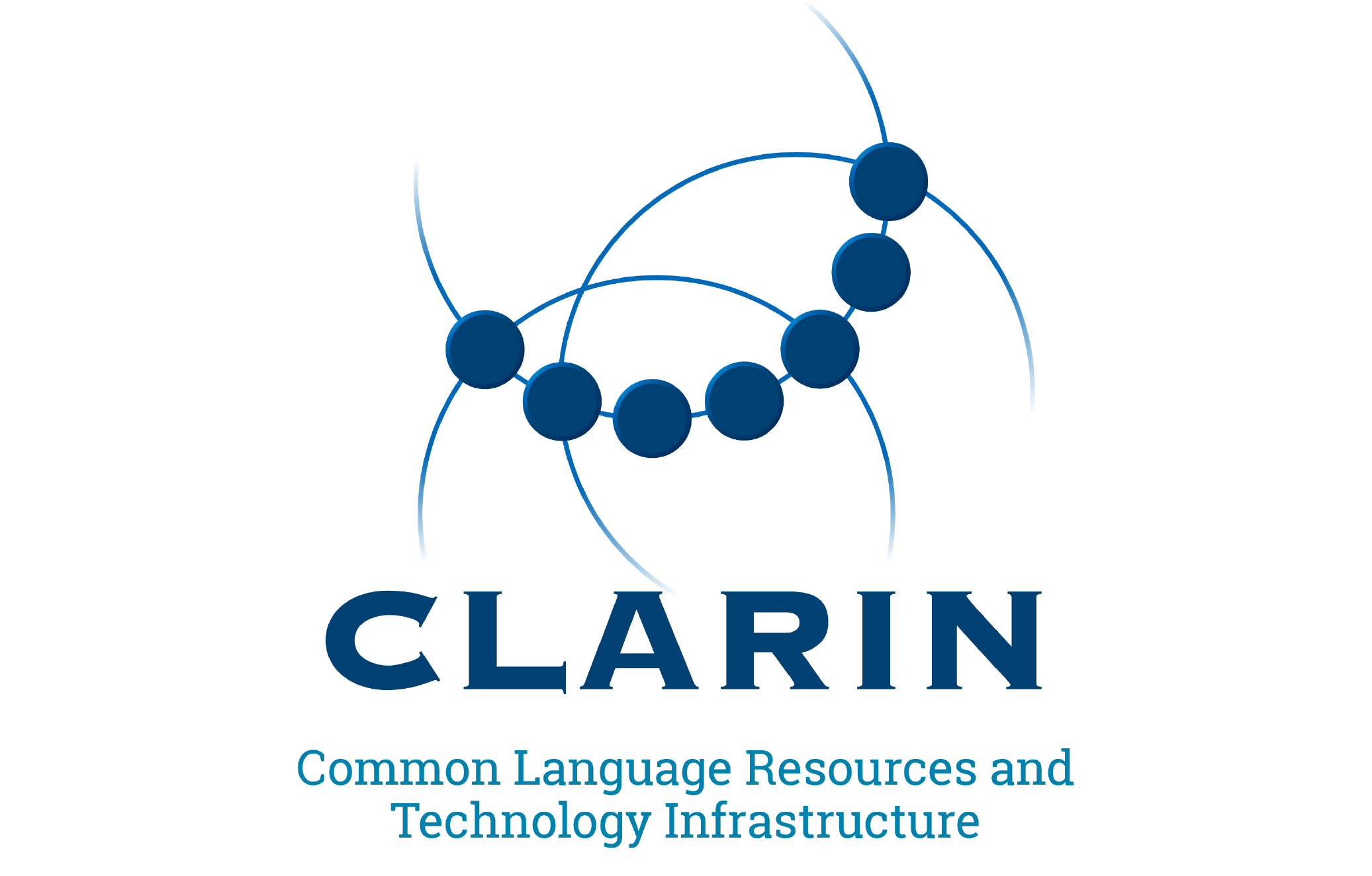
Overview
The Data Type Registry (DTR) is a production-ready service developed under the FAIRCORE4EOSC project to support data interoperability and reuse in line with the FAIR principles. It offers a sustainable framework for the registration, discovery, and long-term management of structured, machine-readable data type definitions. Through the DTR, research communities can define and share standardized data structures that improve data quality, facilitate reuse, and support cross-disciplinary research.
The DTR helps researchers and data providers ensure that their data is well-documented, understandable, and reusable by others. By enabling the publication of consistent and versioned data type definitions, it supports the creation of high-quality metadata and fosters interoperability across diverse datasets and research infrastructures. The DTR also offers tools for validating data against registered type definitions, allowing automated checks for data quality and structural consistency, which is critical for ensuring reliable research outcomes.
Accessible via an intuitive web interface and programmatic APIs, the DTR accommodates both manual and automated workflows. Users can easily create, search, and manage data types, while developers can integrate its functionalities into data pipelines and services. It integrates with federated identity systems for secure, seamless access and supports fine-grained access control and ownership management for registered types, promoting collaborative management and long-term stewardship.
The DTR is openly available, GDPR-compliant, and maintained to ensure long-term availability under Persistent Identifiers for eResearch (ePIC) governance, ensuring that type definitions remain accessible and resolvable over time.
The Data Type Registry (DTR) enables users to define, manage, and share structured data type definitions to improve data interoperability. It supports the full lifecycle of type definitions, including creation, metadata enrichment, versioning, discovery, and validation. Users can define data types through a web interface, following guided workflows to specify metadata, structural properties, and constraints. For automated processes, the DTR offers RESTful APIs, allowing integration with data pipelines and external services. Data types can be versioned, and categorized using taxonomy nodes for easier discovery. Access controls ensure that type definitions can be managed collaboratively or restricted as needed.
The DTR also supports schema generation, translating type definitions into machine-readable schemas used for validating data structures. This ensures that datasets conform to defined types, supporting automated quality checks. Persistent identifiers assigned to each type guarantee long-term reference and discoverability, making type definitions actionable in both human and machine contexts. Through these capabilities, the DTR provides a structured, interoperable environment for managing complex data descriptions and enabling their reuse across research domains.
The Data Type Registry (DTR) significantly enhances data interoperability and reuse by enabling the creation and sharing of standardised, machine-readable data type definitions. It empowers research communities to align their data structures with common standards, improving data quality and supporting cross-disciplinary collaboration. By facilitating clear documentation and validation of data formats, the DTR helps ensure that data is both understandable and actionable by humans and machines. This reduces duplication of effort, lowers integration barriers, and fosters more efficient data sharing across projects and domains. As a sustainable, open service integrated into the broader EOSC ecosystem, the DTR contributes directly to advancing FAIR data practices, helping researchers maximise the value and long-term impact of their data assets.







